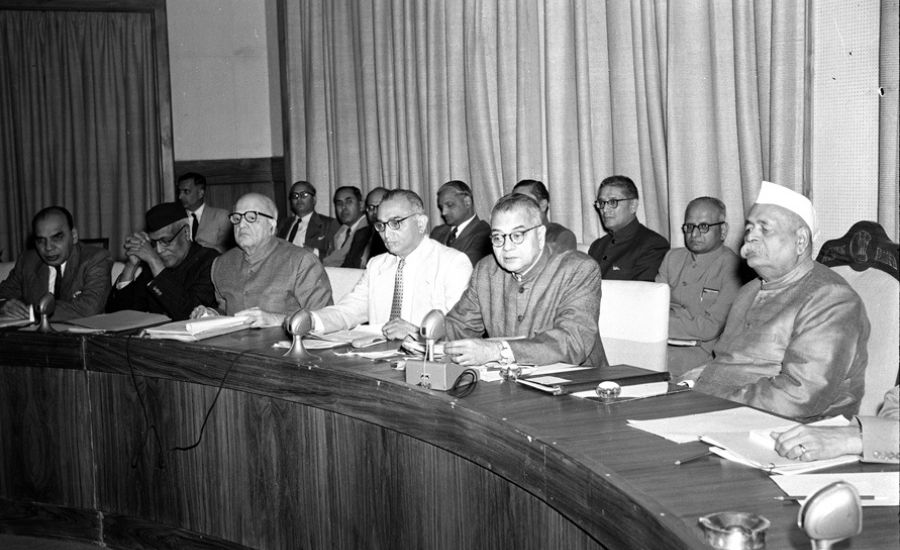
On 17 October 1949, Drafting Committee member T.T. Krishnamachari proposed to add contempt of court as a restriction on freedom of speech in the Draft Constitution. The Constituent Assembly had last debated free speech provisions a year before. Assembly members had then vehemently opposed any restriction to the right to free speech, but reluctantly adopted them. These restrictions included libel, slander, defamation, and sedition. The Assembly now had to decide if it wanted to add contempt of court to this list.
Nazziruddin Ahmad argued that a contempt of court provision was critical for Courts to conduct a fair trial. Without such a provision, Ahmad said, ‘…any one may start a newspaper trial of a case pending in a Court or it may be that he indulges in public harangues about the merits of a case and thereby seriously prejudice the fair and impartial trial of a case…’.
Ahmad’s colleagues in the Assembly did not share the same enthusiasm for contempt of court provision. R.K Sidhwa highlighted instances when Indian courts had misused contempt of court laws to stifle legitimate criticism of the judiciary and said that judges were fallible and must be criticized. He further noted Krishnamachari’s proposal would further whittle down the rights of citizens guaranteed by the Draft Constitution. Krishna Chandra Sharma felt that since there was contempt of court laws already existing in India, there was no need to include them in the Constitution. B. Das asked Drafting Committee Chairman Ambedkar why such important changes to the Draft Constitution are being made ‘overnight’.
Ambedkar’s response to the debate only engaged with Krishna Sharma’s point. He invoked Draft article 8 (Article 13 of the Constitution of India 1950):
‘All laws in force immediately before the commencement of this Constitution in the territory of India so far as they are inconsistent with the provision of this part [Fundamental Rights], shall, to the extent of such inconsistency be void.‘
Ambedkar appeared to argue that the primary objective to include contempt of court as a constraint to freedom of speech, was to protect existing contempt of court laws from Draft Article 8.
After this intervention by Ambedkar, the Assembly adopted Krishnamachari’s amendment and contempt of court was added to the list of restrictions in what would become Article 19 of the Constitution.
